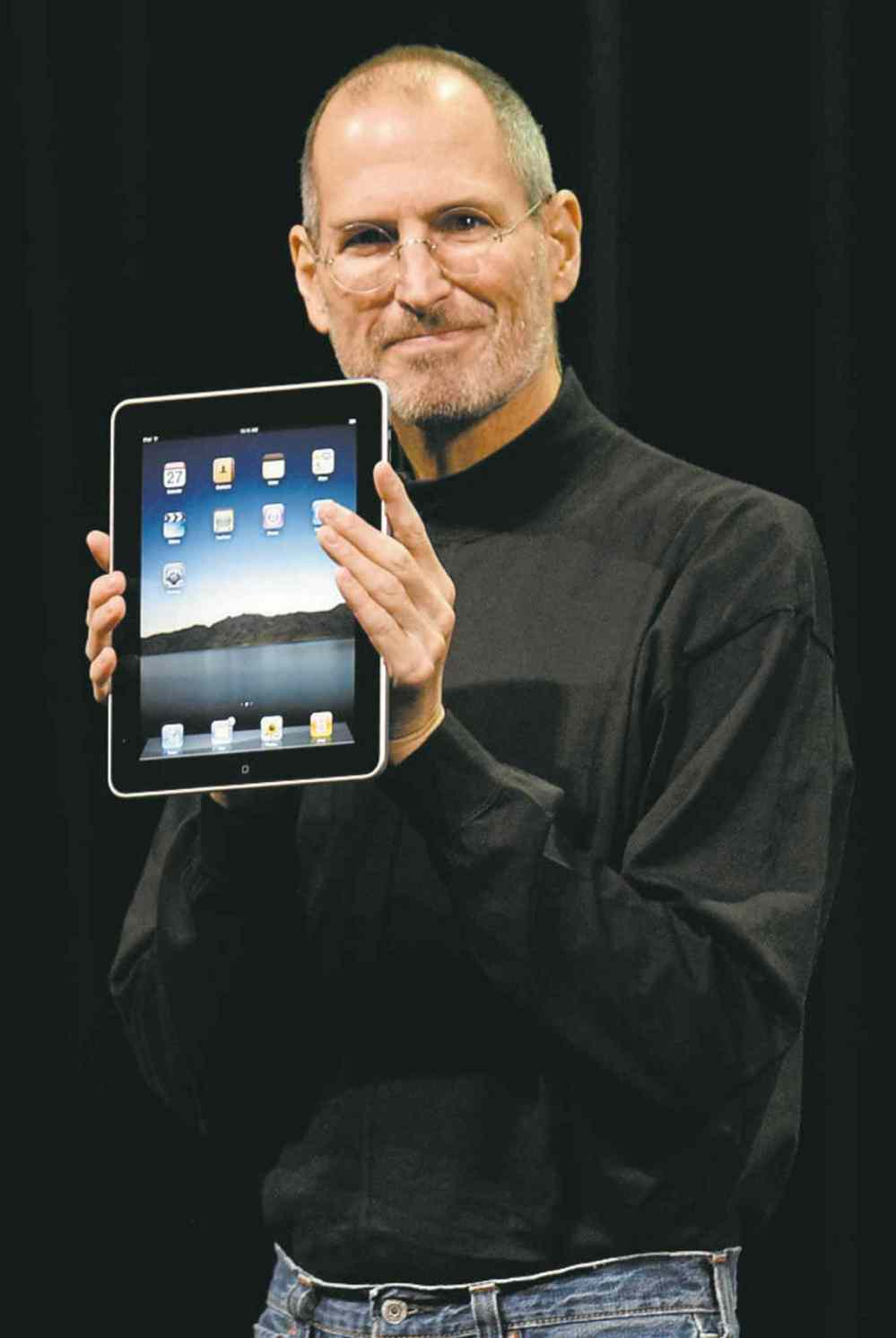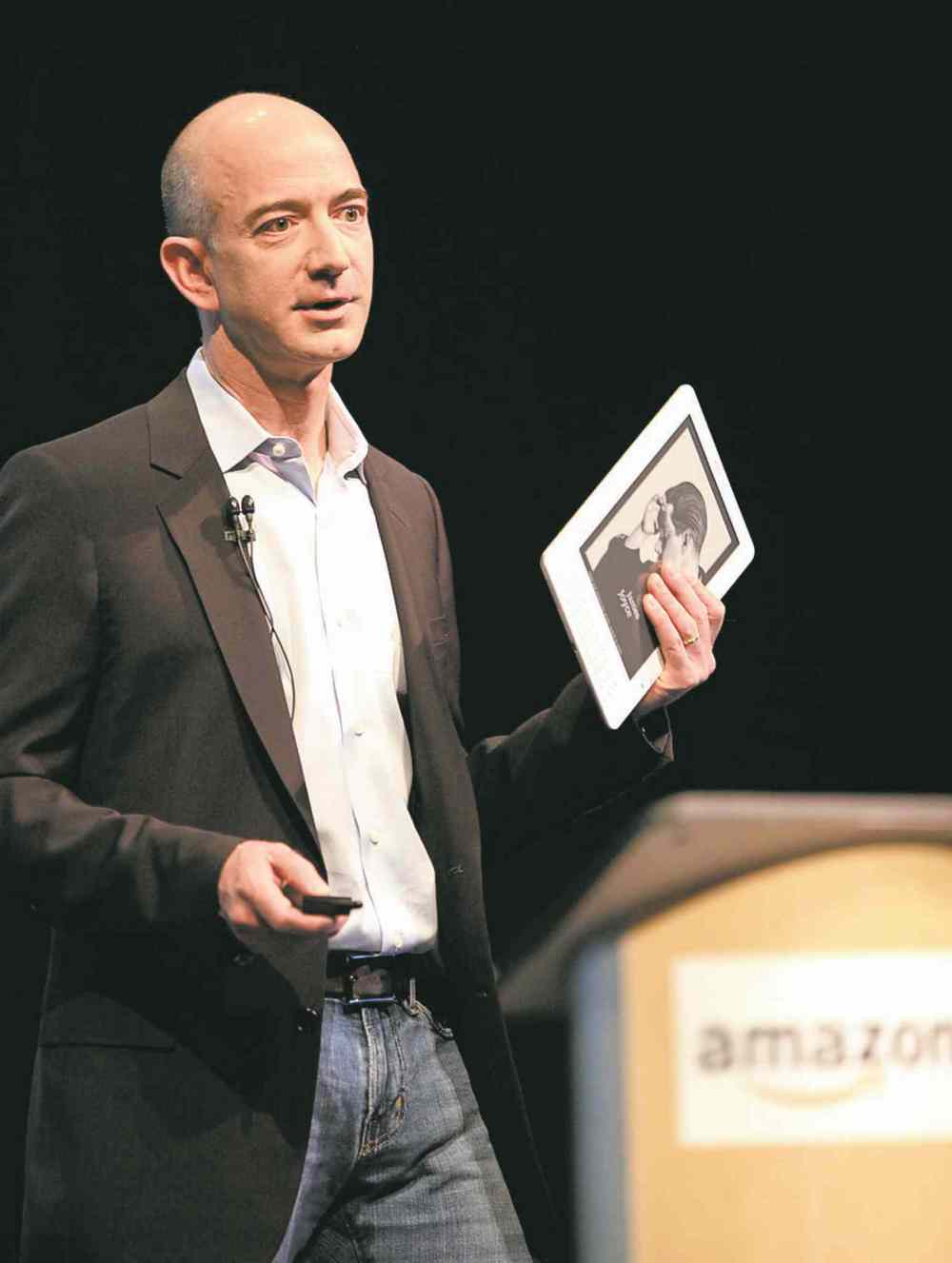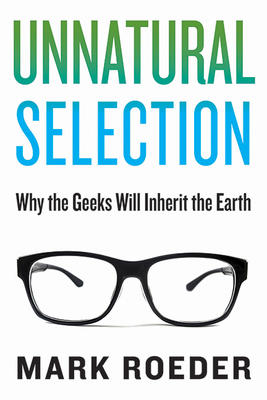Peak geek: Male-dominated digital revolution more of the same
Advertisement
Read this article for free:
or
Already have an account? Log in here »
To continue reading, please subscribe:
Monthly Digital Subscription
$0 for the first 4 weeks*
- Enjoy unlimited reading on winnipegfreepress.com
- Read the E-Edition, our digital replica newspaper
- Access News Break, our award-winning app
- Play interactive puzzles
*No charge for 4 weeks then price increases to the regular rate of $19.00 plus GST every four weeks. Offer available to new and qualified returning subscribers only. Cancel any time.
Monthly Digital Subscription
$4.75/week*
- Enjoy unlimited reading on winnipegfreepress.com
- Read the E-Edition, our digital replica newspaper
- Access News Break, our award-winning app
- Play interactive puzzles
*Billed as $19 plus GST every four weeks. Cancel any time.
To continue reading, please subscribe:
Add Free Press access to your Brandon Sun subscription for only an additional
$1 for the first 4 weeks*
*Your next subscription payment will increase by $1.00 and you will be charged $16.99 plus GST for four weeks. After four weeks, your payment will increase to $23.99 plus GST every four weeks.
Read unlimited articles for free today:
or
Already have an account? Log in here »
Hey there, time traveller!
This article was published 06/12/2014 (4016 days ago), so information in it may no longer be current.
Nerds and geeks have hit the mainstream.
Comic-book movies are the biggest blockbusters we have. San Diego Comic Con has swelled to an annual attendance of 130,000. The highest-rated TV comedy is The Big Bang Theory, the main characters of which are research scientists.
In Unnatural Selection, business consultant and commentator Mark Roeder argues that “the geeks will inherit the Earth.” The argument is engaging and more than a little disturbing, though not quite in the way Roeder intended.

The book moves from the past to the present the the future, starting with recent history and the emergence of the Anthropocene. This is the term that a growing proportion of the scientific community has given to the era that begins with the Industrial Revolution, in which humans are fundamentally shaping and changing the planet Earth.
Roeder does not deride the massive shift we are currently undergoing with the digitalization of culture. Instead, more usefully, he accepts it as a given and an inevitability and moves forward.
Geeks flourish in our current technological renaissance, Roeder says, and they are distinguished from regular old “nerds” by their driving desire to find applications for their knowledge and skill.
Roeder’s argument really starts to take shape when he outlines 11 types of geek — including the single-minded, zealous Purist (e.g. Steve Jobs), the hacking, cyber-warfaring Cyber Geek (Wikileaks’ Julian Assange), the infrastructure-building Amazonian (none other than Amazon’s CEO Jeff Bezos) and the indexing, algorithmic Seeker (the Google guys).
Unnatural Selection has a good amount of praise for non-neurotypical brains. People with autism or ADHD, Roeder says, are uniquely adept at navigating the data-rich environment we inhabit. Autism and ADHD, he says, might even be epigenetic adaptations induced by our rapidly changing environment.

Speculating about the future, Roeder covers many of the ways that humanity might further lean in to the technological curve with genetic engineering of humans, augmented reality (already in its infancy in the form of Google Glass), pharmaceuticals and artificial intelligence. Further down the line, there’s the concept of “transhumanism” — the theorized blurring of human biology and technology.
At this point, Roeder alludes to dystopia. As pop-culture products such as the Terminator movies show, we humans are anxious about a future where technology can fully control us.
But there’s an even more troubling conclusion to be drawn from Roeder’s argument. Of the prime examples he gives of the geek types, 10 of the 11 are men. One type, the Eros Geeks (the online porn purveyors), are actively commodifying and exploiting women. Only one example is non-white: South Korean video-gaming superstar Lim Yo-hwan.
The digital revolution that has favoured the geek has been and will continue to be colossal. But it doesn’t seem to have occured to Roeder that if its primary actors continue to be the Steves, Julians and Jeffs, we might find the new world isn’t much different from the old one.

Jenny Henkelman is a Winnipeg writer and broadcaster.

